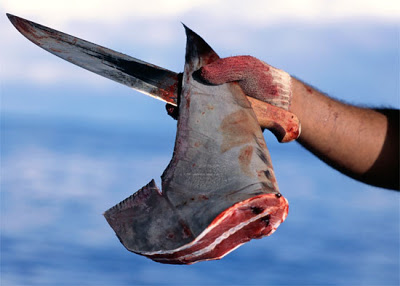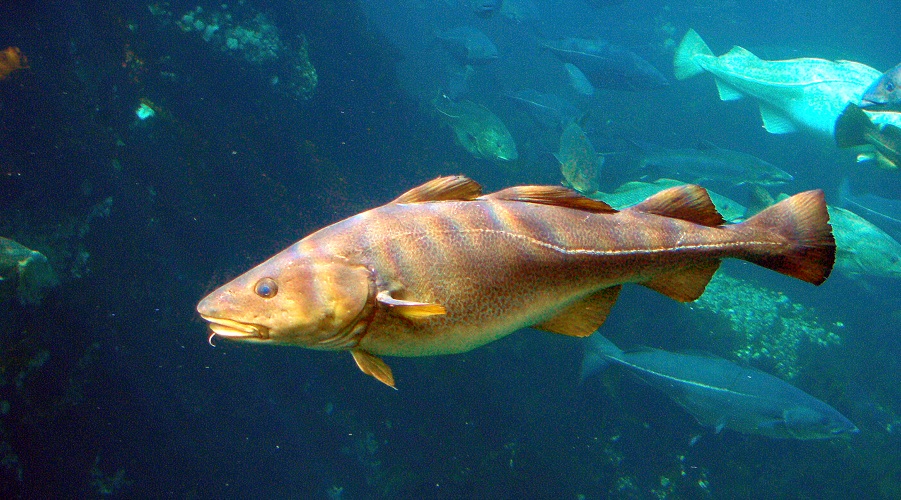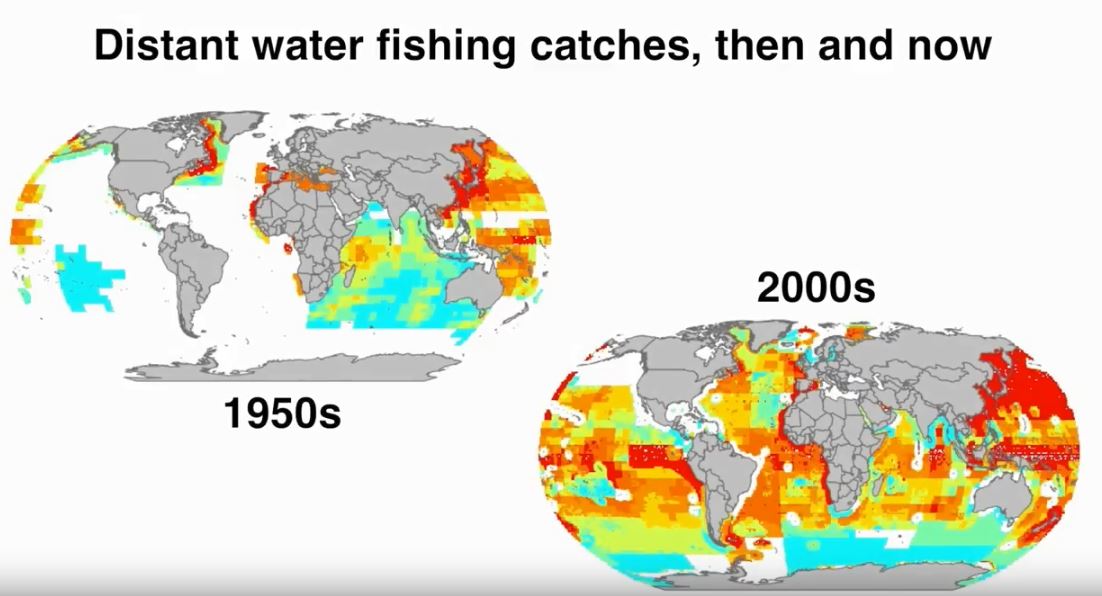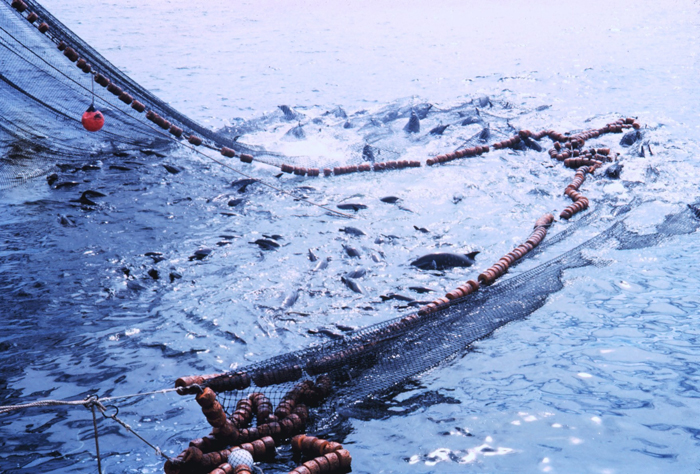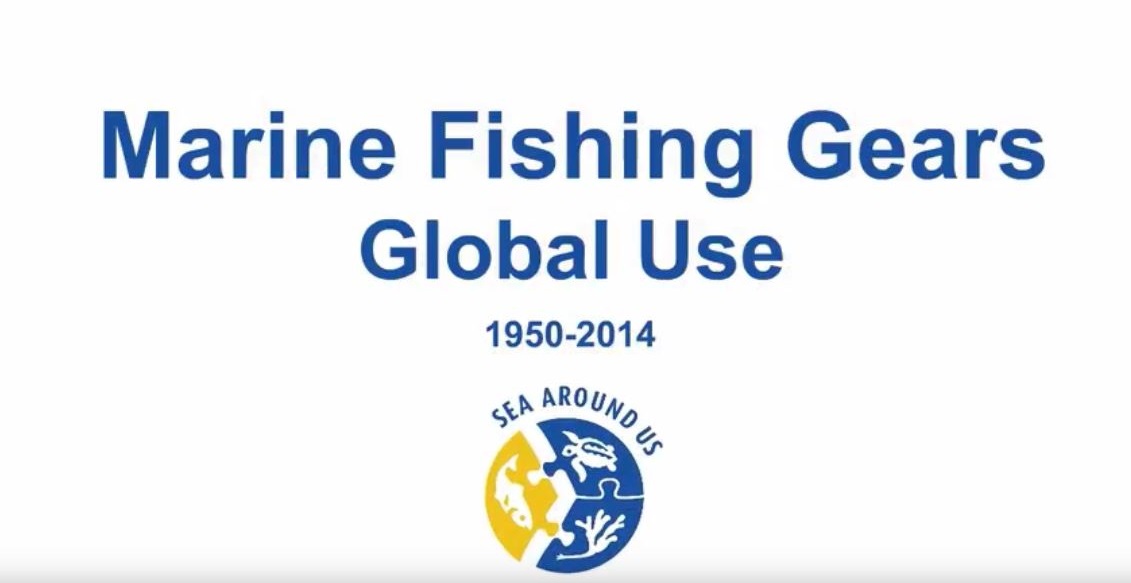Populations of some shark species such as hammerhead and oceanic whitetip have declined by over 90 per cent in recent years largely because of wealthy consumers’ growing appetite for fin soup, a new paper in Marine Policy states.
The study by researchers from the University of Hong Kong, the Sea Around Us initiative at the University of British Columbia and WildAid Hong Kong, reveals that since fishing pressure on threatened shark populations has increased dramatically in recent years, it is urgent for consumers to stop demanding shark fin products.


